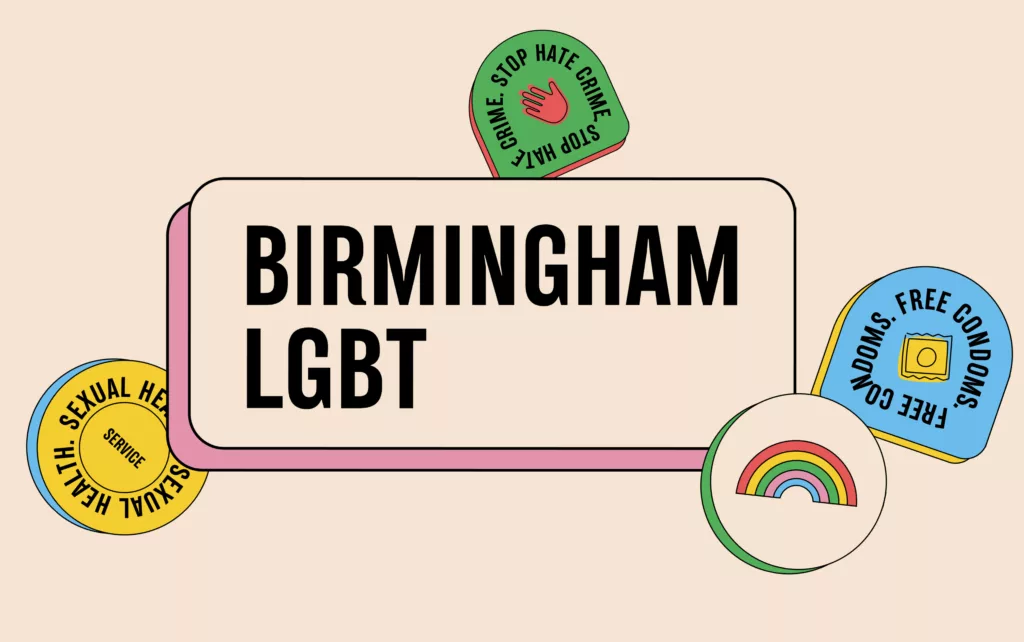Birmingham LGBT has signed up to this statement.
For a full list of signatories, visit https://www.consortium.lgbt/2021/02/18/census-consenus-statement/
The England and Wales Census 2021- taking place on 21st March- will ask voluntary questions about your sexual orientation and trans status for the first time. This is a huge step forwards and has come about in part due to tireless campaigning from LGBT organisations and individuals. The inclusion of these questions represents a rare and valuable opportunity to ensure that LGBT communities are counted, which could have a significant impact on future support and recognition from Government and public bodies and services.
As this year’s Census fast approaches, we are calling on LGBT people across England and Wales to answer these important questions.
Currently, there are no robust figures on the number of LGBT people in England and Wales, and existing estimates vary greatly depending on the source. There is also a lack of data on inequalities faced by LGBT people in our nations. As a result, LGBT people’s experiences, and the inequalities affecting our communities, are often not truly recognised by Government and public bodies and services – and LGBT people are missing out as a result. A lack of data makes it harder to recognise and respond to the needs of LGBT communities, and makes it easier to downplay persistent LGBT inequalities.
The data collected through the Census will play an important role in addressing this gap. It will be of particular use to the LGBT sector as we demonstrate the need for national and local Government to increase investment into LGBT-specific support. In the past, Census data on age, ethnicity and a range of other characteristics has been key to evidencing a need for action, and we believe the same is true when it comes to tackling barriers faced by LGBT people.
We are aware that there are valid concerns around privacy and how your personal data is going to be used. We agree that privacy and data protection is of paramount importance and we can reassure our communities that your data will be kept safe and will not be misused. We will work closely with the ONS to ensure they make it clear how this personal data will be protected.
There are robust measures in place to ensure Census data is protected. It is a crime to share personal census information unless required or permitted by law. Laws in place that cover protection of your data include the Data Protection Act 2018, General Data Protection Regulation (GDPR), Census Act 1920 and Statistics and Registration Service Act 2007. Personal data collected is owned by the Office for National Statistics (ONS) and personal Census data is not shared with any other Government departments, local councils or marketing agencies. Census data is kept confidential and no individual or their responses can be identified in the statistics that are published. Answers on the online questionnaire are protected during entry and passed into ONS systems through a secure transfer mechanism. Within ONS systems the information is stored within a highly protected area with limited access and sophisticated monitoring to detect suspicious activity.
By answering the sexual orientation and trans status questions, collectively as a community we can play a vital role in ensuring the potential of the Census to improve the lives of LGBT people – and the services provided to us.


